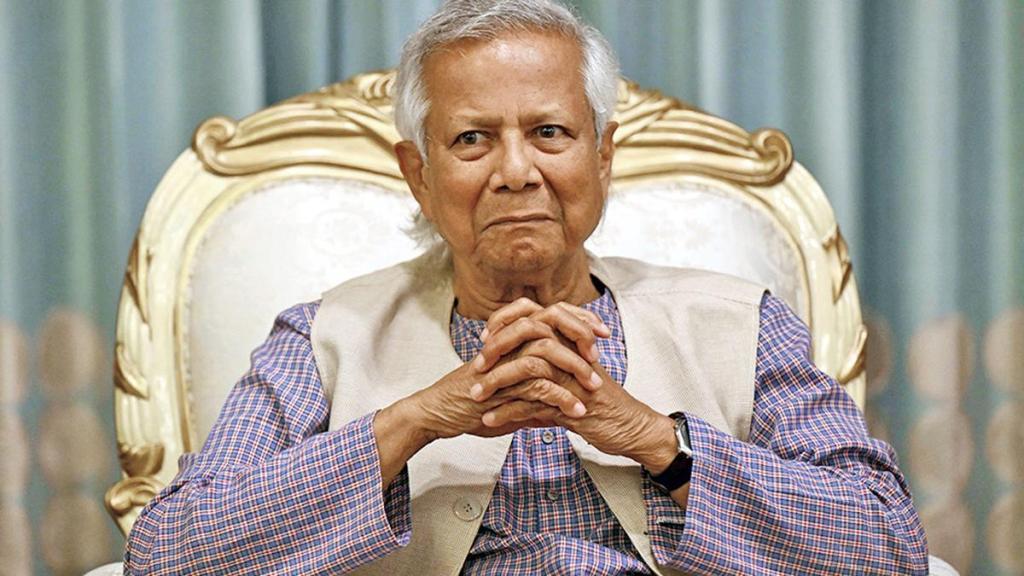In a bold military maneuver following the April 22 Pahalgam terrorist attack that claimed 26 civilian lives, India launched ‘Operation Sindoor’—a targeted missile strike on nine terror infrastructure sites in Pakistan and Pakistan-occupied Kashmir. The operation has triggered intense global reactions, with the U.S., China, and key European nations urging both restraint and dialogue, while Pakistan threatened retaliatory action.
Among the region’s capitals, Bangladesh’s muted response has become increasingly conspicuous. The interim government, led by Nobel laureate Muhammad Yunus, has not issued any official statement, in stark contrast to neighbors like Sri Lanka, the Maldives and Nepal, who responded with statements ranging from concern to calls for de-escalation.
Adding to the controversy is a recent statement by Major General (Retd) ALM Fazlur Rahman, currently Chairperson of the National Independent Commission of Inquiry into the 2009 BDR mutiny. Days before India’s operation, Rahman provocatively suggested that Bangladesh should seize India’s northeastern states if India attacked Pakistan. Though not an official stance, the comment drew sharp condemnation in Indian security circles and is viewed as dangerously inflammatory.
Calculated Diplomacy or Political Appeasement?
Experts believe that Dhaka’s silence is a calculated strategy to avoid alienating domestic political factions with strong pro-Pakistan or anti-India sentiments. The interim government’s cautious posture is being interpreted as an attempt to maintain equilibrium in a volatile internal political environment, where groups like Jamaat-e-Islami and BNP have influence.
Analysts point out that Bangladesh’s foreign posture may be undergoing a subtle shift, influenced by growing Chinese and Pakistani presence in its strategic framework. The lack of official condemnation of either the Pahalgam massacre or Rahman’s incendiary remarks suggests Dhaka may be repositioning itself as a more neutral—if not passive—actor in South Asia’s evolving geopolitical landscape.
An official from India’s Ministry of External Affairs (MEA) remarked that Bangladesh’s ambiguity is cause for concern, especially given the two nations’ history of cooperation in counter-terrorism and northeast border coordination. “With Bangladesh being a key neighbor and security partner, such ambivalence could affect bilateral trust,” the official said.
The Yunus Enigma
The silence of interim government’s chief advisor Yunus, globally celebrated for his humanitarian ideals, has particularly perplexed observers. His failure to speak out against the Pahalgam killings or support anti-terror operations raises pressing questions about the domestic and regional pressures shaping Dhaka’s current foreign policy.
“As India continues its fight against cross-border terrorism, Bangladesh’s posture—marked by silence and unaddressed provocations—may set the tone for a more uncertain phase in bilateral relations. How this episode unfolds could redefine the strategic dynamics between two of South Asia’s closest yet increasingly cautious neighbors, said the MEA official.


